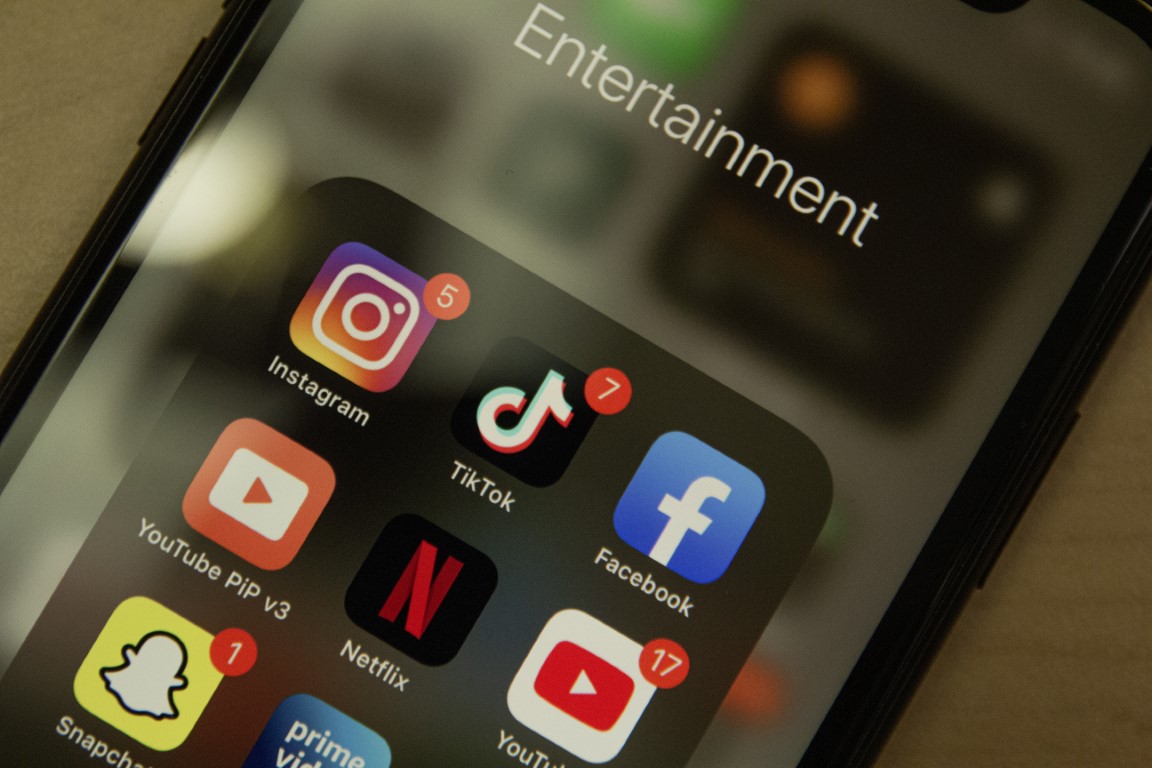
Has the internet gotten too hostile?
By Craig Allan, Staff Writer
The invention of the internet may very well be society’s greatest achievement. It has allowed all of us to do everything from writing assignments to watching TV. While it has also led to more seedier elements of the world like the black market to flourish in a new way, the good outweighs the bad. However, there is one part of the internet that often gets criticized for its toxicity and mean-spirited nature: social media.
Is this reputation warranted though? In my opinion, social media is not really that toxic. The only reason we think it is toxic is because we choose to follow toxic people, and don’t use the powers these social media platforms have to block out that toxicity.
Though I am making this argument, I am not going to say there are not toxic people out there. The people who drove Elizabeth Olsen off of Instagram due to her deemed late condolences to the death of her Avengers co-star Chadwick Boseman, and the people who contribute to the harassment of politicians are out there. However, for the most part, I believe that social media is not as toxic as people say. The reason we believe that social media is more toxic is because we are more likely to remember a bad interaction on social media than a good one.
For example, years ago I was having a discussion with a woman on Twitter about politics. At one point I mentioned that overthrowing regimes is not always a good thing because they can lead to a worse regime taking over. The person I was talking to then attacked me saying that I was condescending and insinuating she, and all women were dumb because I began a response with “Just remember.” If you had asked me what the last positive social media exchange I had, I would not be able to tell you, even if it may have happened just a few hours ago. If you asked about bad exchanges, I can still clearly remember this one and other bad exchanges I have had over the years. That’s because those stick with me longer than the good interactions, even if I didn’t do anything wrong. I have a feeling that this is the case with other social media users as well.
Social media can be toxic, but it is getting easier to avoid these kinds of toxic interactions due to social media sites developing new technology to combat toxicity on social media. For example, Twitter has the “Mute” button, which allows people to mute conversations and accounts of people who might be displaying toxic behaviour. Muting someone is much nicer that straight up blocking someone and it provides a shield in defending people against social media bullies.
Social media is much different than real life; in real life, anyone who comes out and wants to preach something that is racist or homophobic likely wouldn’t do it in public. This leads to an emboldened populous who is willing to say online what they wouldn’t say to someone’s face. For this reason, it does have some level of toxicity, but it can be avoided. Some can’t avoid the brutality of social media, like politicians and celebrities for example, but for most people, separating yourself from social media toxicity is easy. Just don’t follow people who are spreading hate or drama, and if someone does attack you on social media, always remember that things like the “Mute” and “Block” buttons are your friends. If everyone used these properly, we would find that we can still have calm and thoughtful discussions without the toxic elements.

